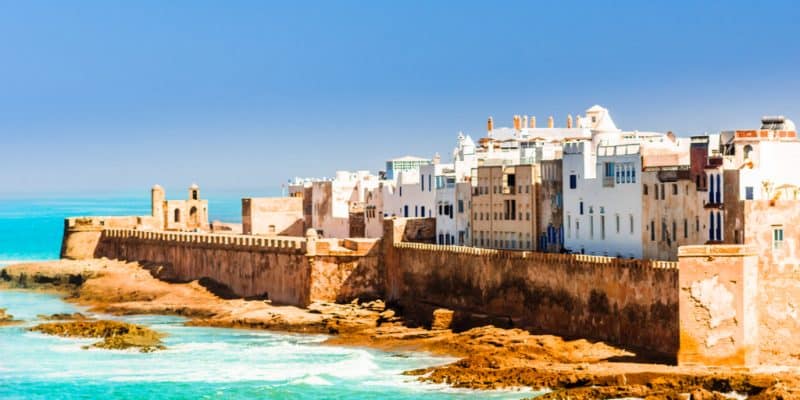While marine ecosystems are affected by pollution in Morocco, the National Office of Electricity and Drinking Water (ONEE) has implemented an awareness campaign for the protection of the coastline as part of its CSR (corporate social responsibility) approach. The initiative, carried out in Dakhla in the Dakhla-Oued Eddahab region, mobilised fishermen, civil society organisations, scientists and local farmers.
In Morocco, the National Office of Electricity and Drinking Water (ONEE) has just completed an awareness-raising campaign for the protection of the coastline in the town of Dakhla, located 1450 km from Rabat. During three days, the initiative called “B7Arblaplastic” will have allowed for several activities to take place, including “creative and artistic workshops, recycling sessions and training on innovations for the preservation of the marine environment,” according to the municipal authorities.
The campaign, which took place on the beaches of PK25, Oum Labouir, Moussafir and Playa Lakhira, is part of the Clean Beaches programme run by the Mohammed VI Foundation for the Protection of the Environment, and the Dakhla Coastal Environmental Monitoring project. This programme is supervised by the start-up Eagle AI, which develops solutions based on artificial intelligence (AI) to reduce plastic pollution at sea in Morocco.
Preserving marine ecosystems
In this North African kingdom, single-use plastics, cigarette butts, food packaging, plastic shopping bags and foam takeaway containers are among the main pollutants on beaches. It is in this context that 28 Moroccan beaches were recently awarded the “Blue Flag” label by the Foundation for Environmental Education (FEE), thanks to their eco-responsible approach.
Read also-MOROCCO: Smart waste collection system will reduce marine pollution
Also in this context, the World Bank has set up a sustainable coastal management plan in the northern Moroccan region of Rabat-Salé-Kénitra in 2020. This plan aims to promote sustainable coastal development by 2040, through the organisation of artisanal fishing and the training of fishermen in best practices, the ecological rehabilitation of coastal wetlands, the construction of wastewater treatment plants in certain localities, the biological stabilisation of dunes and the recycling and recovery of plastic waste.
Benoit-Ivan Wansi






